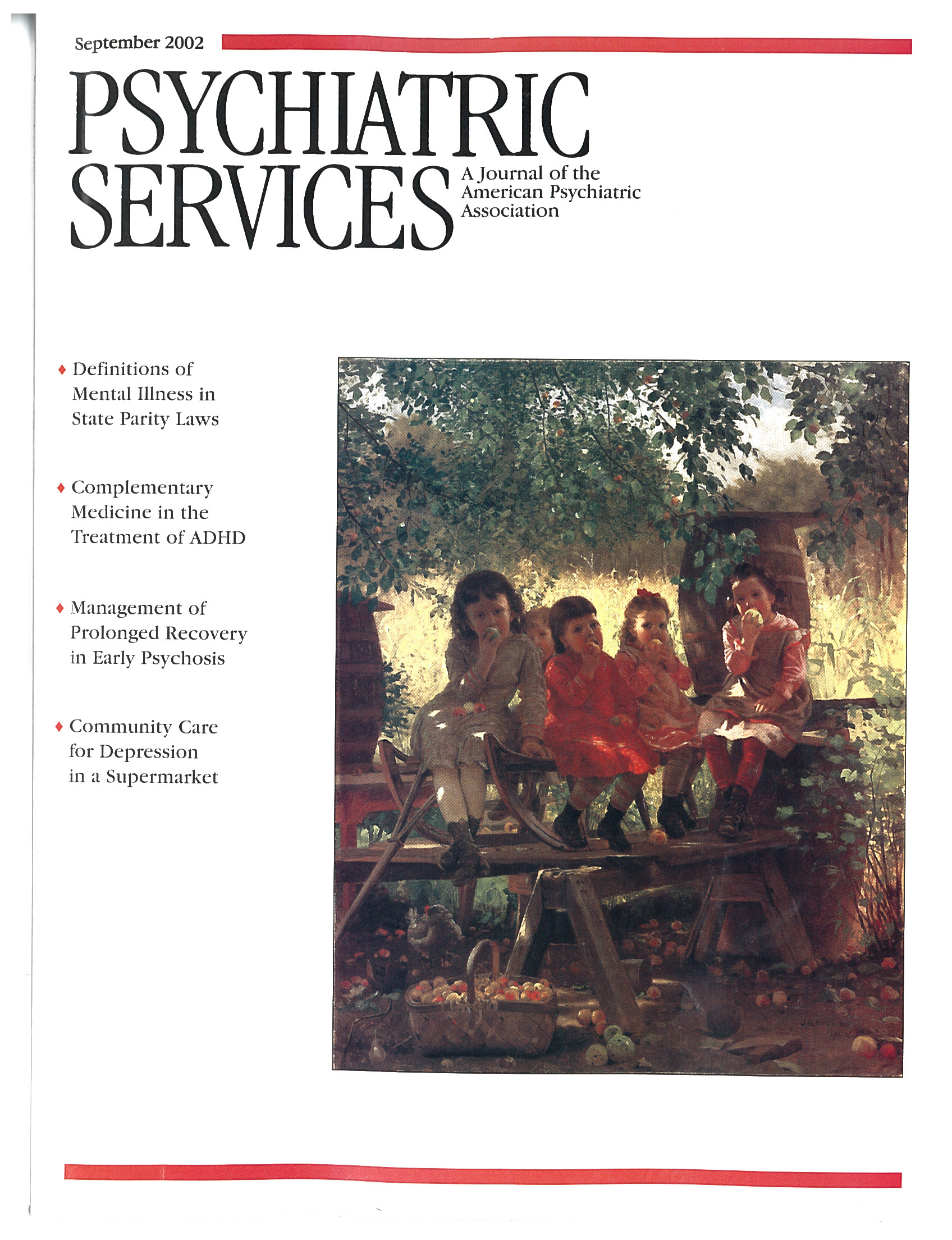Effects of Psychoeducation for Korean Americans With Chronic Mental Illness
Abstract
OBJECTIVE: Korean Americans' access to mental health services may be limited because of differences in their views of mental illness compared with Westerners, unfamiliarity with treatment methods, and cultural associations of social stigma with mental problems. This study used data from an urban outpatient clinic to assess the effects of a ten-week psychoeducational intervention for Korean Americans with chronic mental illness. METHODS: Forty-eight Korean-American adults with a diagnosis of schizophrenia were randomly assigned to either an experimental group that provided a culturally sensitive psychoeducational group program in addition to individual supportive therapy or a control group that offered only individual supportive therapy. The two groups were compared on pre- and posttreatment measures of psychiatric symptoms, attitudes about and understanding of mental illness, and coping skills. The experimental psychoeducational treatment group was expected to show lower symptom severity, greater understanding of mental illness leading to a decreased perception of stigma, and greater coping skills after the intervention than the control group. Comparisons were made with repeated-measures analysis of covariance with the effects of gender and education controlled for. RESULTS: Compared with the control group, the psychoeducational group showed significantly reduced symptom severity and perception of stigma and greater coping skills immediately after treatment. CONCLUSIONS: These findings suggest that a culturally sensitive psychoeducational intervention is a useful short-term treatment modality for Korean Americans with a diagnosis of schizophrenia.



